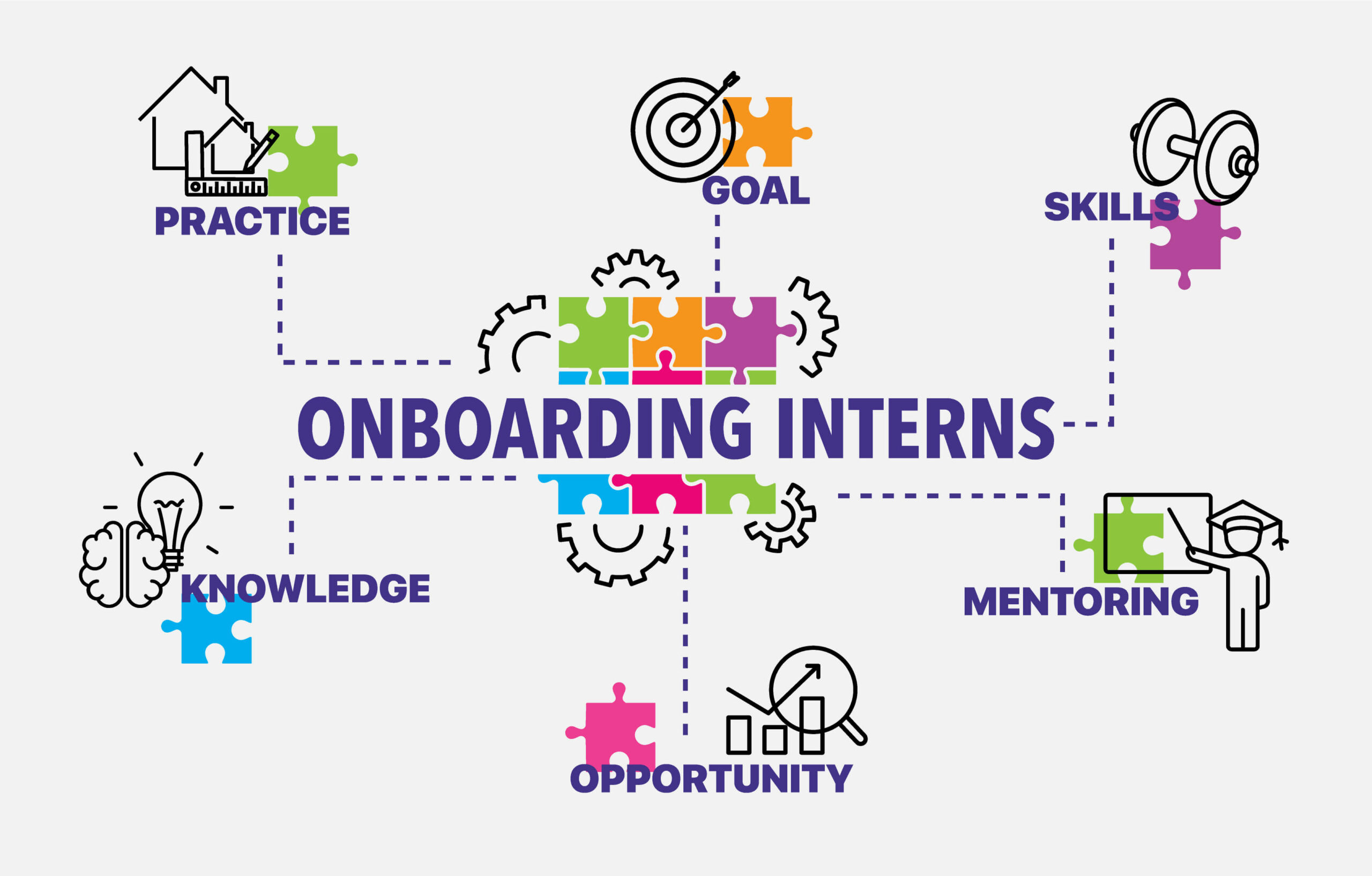Being an intern can be anything but glamorous, there are endless cliches about the potential hardships each year’s fresh batch of graduates fear on their first day. If you’re as lucky as I was to eventually get offered a full-time position, any of the imagined (or real) hardships can be worth it.
Even though it’s been a few years since my own graduation, I remember the first time I met with my CEO to discuss coming on for a full-time position, my feelings of nervousness overshadowed any of the excitement I had about my future. How would my day-to-day change? What would my future look like at my organization? However, my onboarding experience was anything but difficult transitioning to full-time, which is how my required internship for college credit turned into a career I enjoy, at a company where I want to continue to build a future.
Effective onboarding is not only the key to retaining any new interns your organization has, but can also be the very reason your workplace has a culture worth being a part of. Below are five important things to be mindful of when onboarding your summer interns.
1. Design an Effective Onboarding Process
Before your organization makes an offer, ensure your onboarding process for interns is set up and specific to interns. An effective onboarding process will introduce company culture and values, provide an overview of processes and procedures, as well as any needed safety protocols. Even though your interns will have already been at the company, they’ll still need to review these things and perhaps have an even more in-depth look at what it will mean for them to become a full-time employee.
2. Prepare Your Interns for Transition
As well as any orientation and training your interns will receive, there are multiple discussions that can and should happen to prepare them before their transition. Sit down with your intern to discuss post-internship roles and responsibilities and the changes in their daily work they could immediately expect. Offer them the opportunity to facilitate exit interviews and collect feedback from their intern period. Even though the intern is transitioning within the company, they will still find help with resume-building and a professional interview process valuable. Most importantly, thank them for the time with your organization (so far) and reintroduce them to the office as a full-time member of the team.
3. Mentorship and Social Integration
I want to stress the importance of social interaction and workplace culture. To earn the hardworking employees your organization needs, make your culture worth working within. Pair your new full-time employees with mentors and encourage open communication and questions. When possible, organize team-building activities and events as needed – this is especially important in a virtual working environment to build relationships from a distance. Facilitate interaction with leaders in your organization and most importantly create opportunities for them to connect with any newer employees you have. Since they’ve most recently joined the team, they’re likely to offer a different perspective than a seasoned employee.
4. Hands-on Experience
Once they’re onboard, allow your new hires to work on projects that challenge them and give them the time and resources they need to produce work they are proud of. Encourage creativity that will drive innovation, foster a culture of collaboration and teamwork, and offer support as needed.
5. Progress Tracking and Performance Evaluation
Now that you have them, remember why you hired them. Aside from helping your interns set clear goals and objectives for their new roles, regularly assess them for performance and growth. Provide constructive criticism as needed and give recognition regularly. Remember those “imagined” hardships? Being an intern is hard, being the new person with the least experience is hard. Where you can identify areas for improvement, you or another member of the team should be able to help with professional development. Schedule meetings, send opportunities for training, and readily include them in discussions around projects, clients, and your industry. Get them excited about your organization and their future.
After years of hard work the anxieties that arise from all of the uncertainty of the future don’t cease from the first week, month, or even the first year on the job. Organizations that realize this establish a well-structured onboarding process that ensures stability and secures trust with your new hires from their first day. And the support shouldn’t stop there—your organization should continue to offer opportunities for growth, stability, challenges, and a ready evaluation of their ability to meet those challenges.
If your organization needs a more effective onboarding process, contact us for a free consultation where our learning & change experts can help your organization with the onboarding process and the ongoing pursuance of employee retention.

